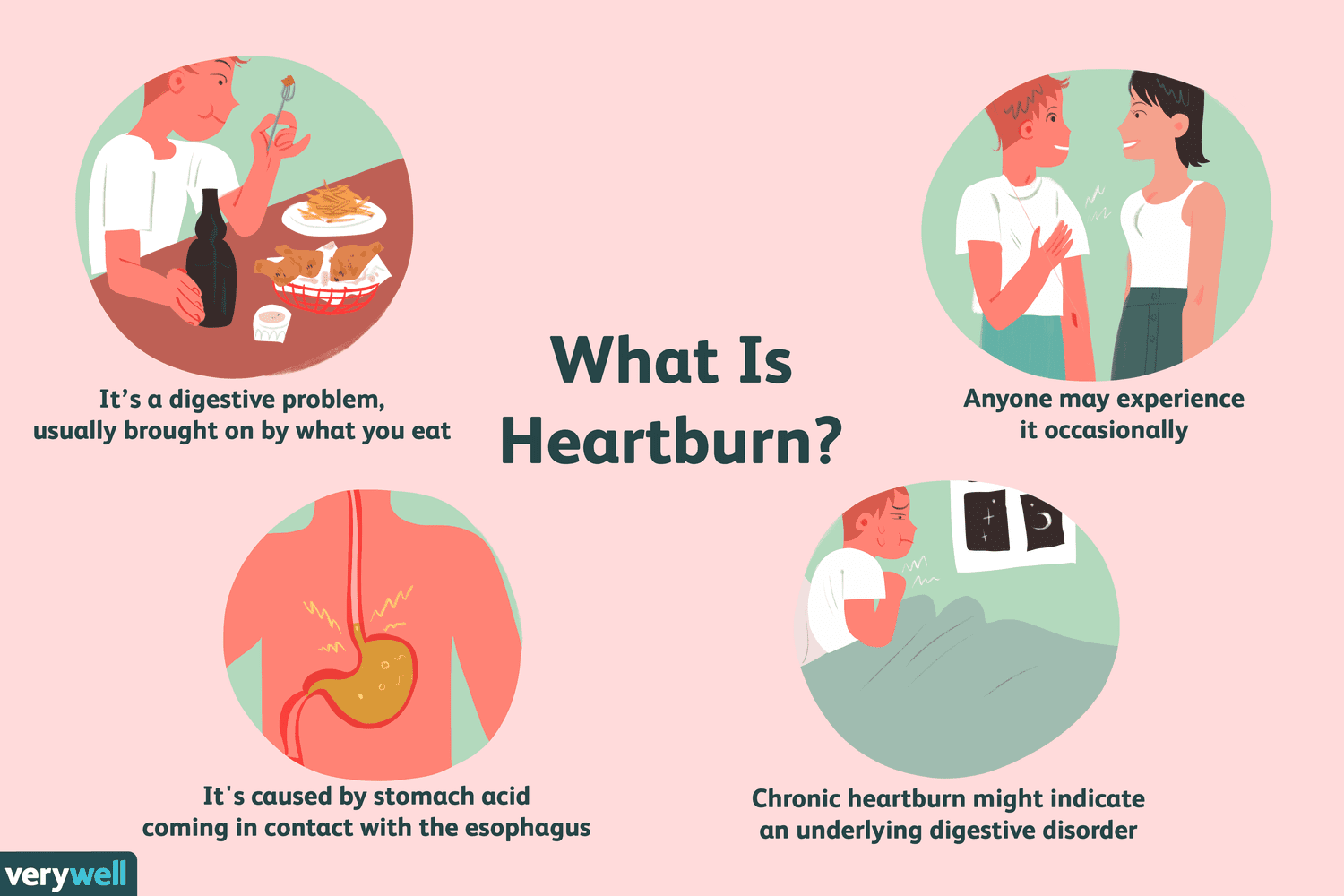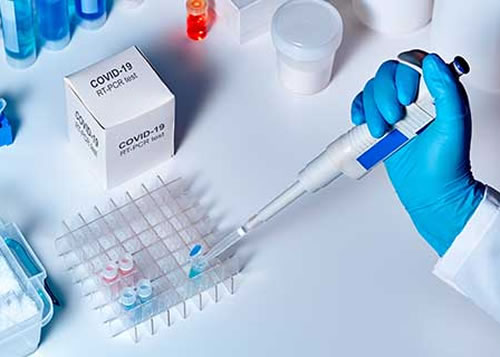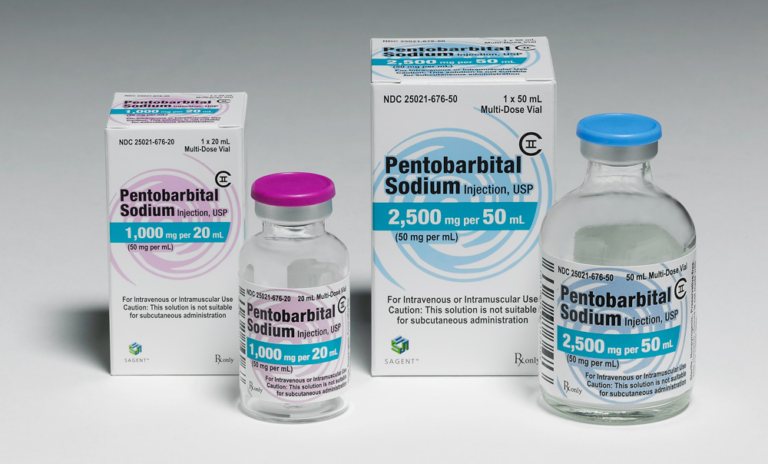
Abortion home kits online pharmacy Worldwide today: Website Panda.Healthcare is an online pharmacy shop. We sell medical supplies all over the world. This pharmacy sells medicines at an acceptable price in all world regions. Residents of more than 40 countries use our Online Pharmacy. We offer both generic and branded drugs to treat sexual problems men and even women face. At our online pharmacy, safeguarding our reputation is paramount. With a steadfast commitment to excellence and integrity, we ensure that every interaction with our customers reflects our core values of trust and reliability. Our dedicated team works tirelessly to provide exceptional service and authentic products, setting us apart as a reputable and trustworthy online pharmacy. Find additional info at mtp kit.
While medical abortion is generally safe, specific symptoms warrant immediate medical attention: Excessive bleeding (soaking more than two pads per hour for two consecutive hours); Severe pain that doesn’t improve with medication; High fever or chills, which could indicate an infection; Persistent nausea or vomiting. In addition to physical sensations, it’s normal to experience a range of emotions during and after a medical abortion. Seeking support from trusted friends, family, or professional counselors can be beneficial. Many organizations also offer hotlines and online resources for those needing guidance or reassurance.
Monitoring and support: Throughout the induction process, the woman will be closely monitored for any signs of complications. Monitoring can include regular checks of the fetal heart rate, uterine contractions, and vital signs of the woman. Emotional and psychological support is also provided. Expulsion of the fetus: As uterine contractions become stronger and more regular, the fetus, and then the placenta, are expelled from the uterus. This results in the expulsion of the pregnancy, similar to a natural delivery. The woman may experience strong cramping and bleeding during this phase. Indications for Induced Labor for Pregnancy Termination: The procedure for pregnancy termination is typically performed in specific situations where the termination of a pregnancy is deemed necessary. These indications may include: Fetal anomalies: When significant fetal abnormalities are detected, induced labor may be recommended. This allows for the termination of a pregnancy where the fetus is unlikely to survive or experience a reasonable quality of life.
You’ll have a lot of bleeding and cramping after you take misoprostol, so plan ahead to make the process more comfortable. You can be at home, or wherever is comfortable for you to rest. You may also want to have someone you trust with you (or nearby) that you can call if you need anything. The abortion process takes several hours, so try to clear your schedule for the day and just focus on caring for yourself if you can. Stock up on maxi pads, food, books, movies, or whatever you like to help pass the time, and a heating pad for cramps. Make sure you have some pain medicine like ibuprofen — but don’t take aspirin because it can make you bleed more. In the unlikely case that the abortion doesn’t work and you’re still pregnant, your doctor or nurse will discuss your options with you. You may need another dose of medicine or to have an in-clinic procedure to complete the abortion. Read extra info on https://panda.healthcare/.
There are two main ways abortion can be done: the abortion pill (also called medication abortion) and an abortion procedure (also called in-clinic abortion). Whether you have a medication abortion or an abortion procedure will depend on how far along you are in pregnancy, what the provider you choose offers, and also your own preference. We have more information about how to decide between these two types of abortion. The abortion pill is generally available earlier in pregnancy. Each provider will have their own rules about how far along in pregnancy they’ll offer it–some will offer it through around13 weeks of pregnancy and others will stop offering it much earlier in pregnancy. Later on in pregnancy, your only option will be the abortion procedure.
With a misoprostol-only medication abortion, bleeding will probably start within four hours of taking the first dose. It may be heavy. You may have very strong cramping and pass large blood clots. Some side effects of the medication may include nausea, vomiting, diarrhea, chills, back pain, headache, dizziness, and feeling tired. You may also have a mild fever on the day you take the pills. You may keep feeling nauseated and tired for a couple of days after you pass the pregnancy. The bleeding should get lighter after you pass the pregnancy, but it may continue for four to six weeks. It may stop and start. Any cramping should also get better over time. To help with the cramping and other pain, you can take over-the-counter pain medication, or your health care provider may prescribe a prescription-strength pain medication. Your provider may also prescribe anti-nausea medicine for you to take before you take the first dose of misoprostol.










